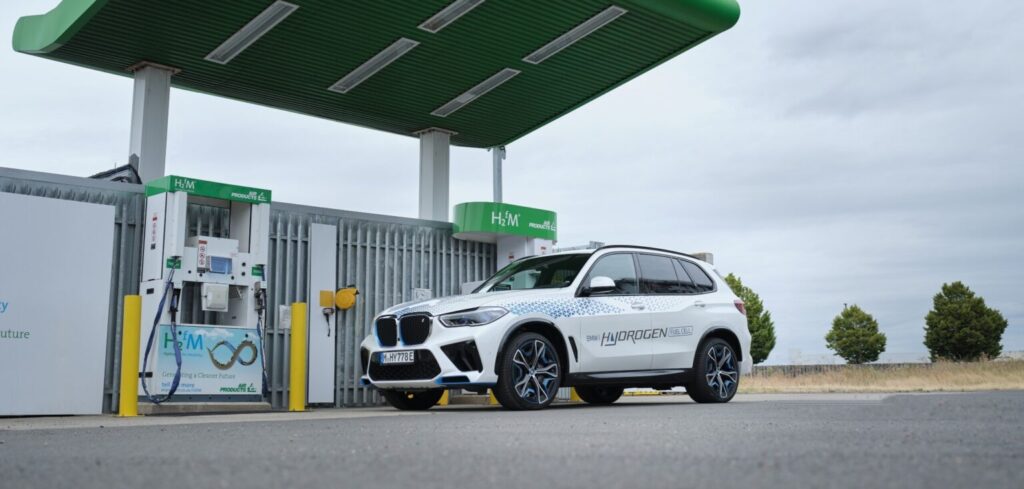BMW has started deploying a fleet of 100 iX5 Hydrogen test vehicles for international demonstrations and trials.
“Hydrogen is a versatile energy source that has a key role to play in the energy transition process and therefore in climate protection. After all, it is one of the most efficient ways of storing and transporting renewable energies”, said Oliver Zipse, chairman of the Board of management of BMW.
“We should use this potential to also accelerate the transformation of the mobility sector. Hydrogen is the missing piece in the jigsaw when it comes to emission-free mobility. One technology on its own will not be enough to enable climate-neutral mobility worldwide.”
The BMW iX5 Hydrogen has been developed based on the current BMW X5 and was first unveiled as a concept at the IAA show in 2019. Initial prototypes were then made available at the IAA Mobility 2021 for visitors to experience in action as shuttle vehicles.
The BMW Group has produced the fuel cell systems for the pilot fleet at its in-house competence center for hydrogen in Munich, Germany, using Toyota-supplied cells assembled into a full stack. This technology is one of the core elements in the BMW iX5 Hydrogen and generates a high continuous output of 125kW.
The BMW Group sources the individual fuel cells from the Toyota Motor Corporation. The two companies have enjoyed a partnership characterized by trust for many years and have been collaborating on fuel cell drive systems since 2013.
In combination with an integrated drive unit using fifth-generation BMW eDrive technology (the electric motor, transmission and power electronics are grouped together in a compact housing) at the rear axle and a buffer battery developed specifically for fuel cell applications, the powertrain has an output of 295kW.


